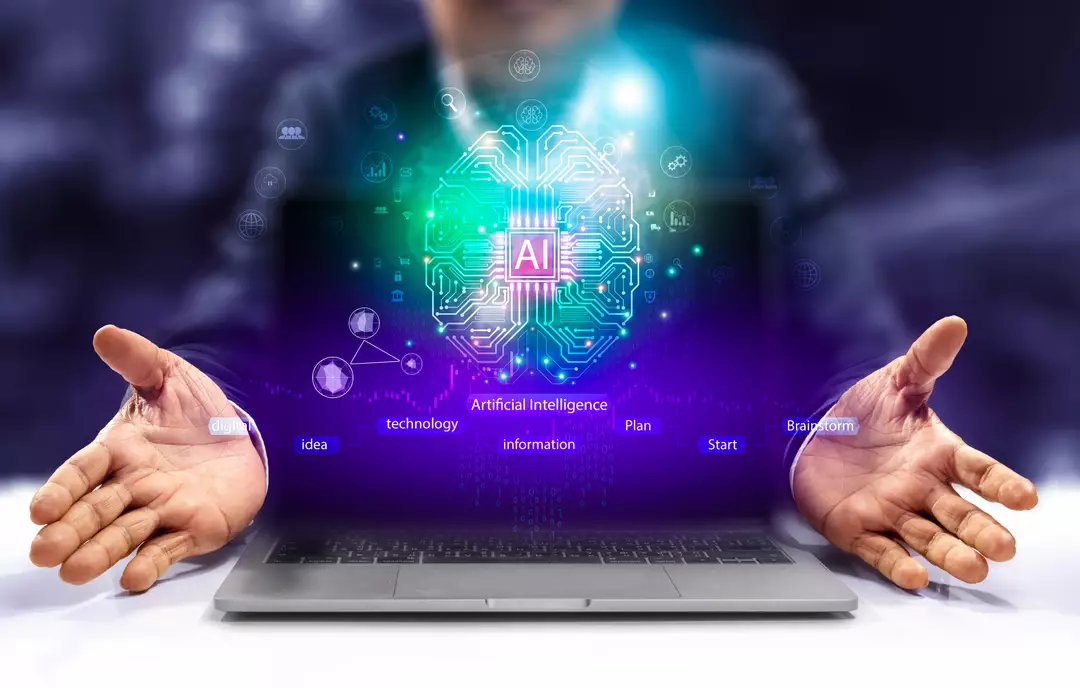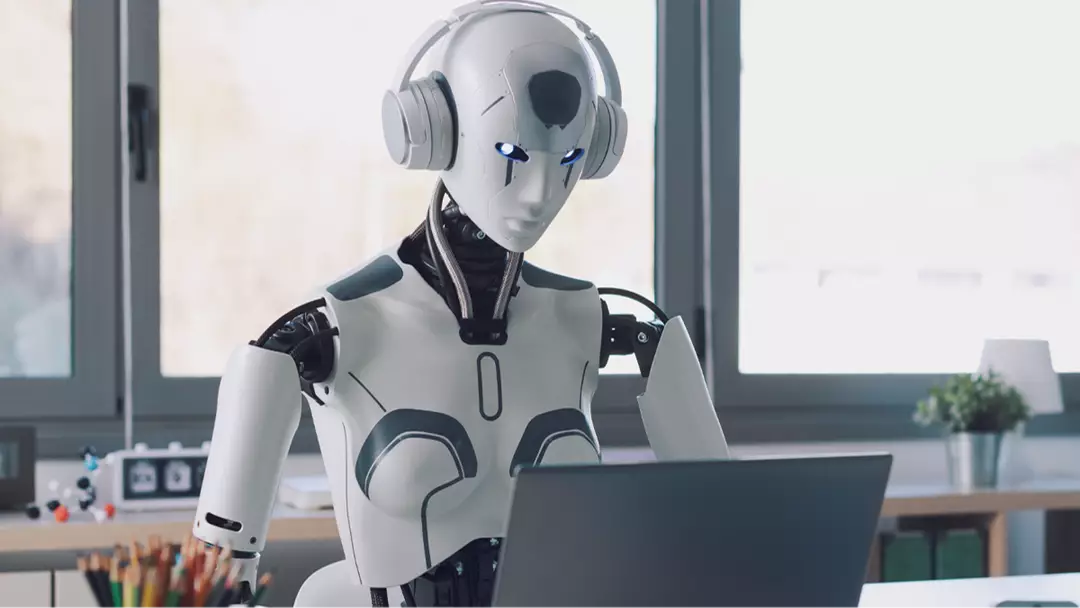An expert has analyzed data from 180 million job listings to determine which professions are most vulnerable to the rise of AI. The findings are particularly concerning for those in three specific sectors.
As AI technology continues to advance, there is growing concern among many that their jobs or entire industries might be at risk.
This worry seems increasingly valid as AI becomes more sophisticated. What once seemed laughable, like AI-generated videos of Will Smith eating spaghetti, has now evolved to the point where it’s challenging to distinguish real from fake content online.
While some people maintain confidence that their jobs are secure, experts caution that the number of positions entirely unaffected by AI might be limited.
Henley Wing Chiu, the CTO of Revealera and Bloomberry, recently conducted a study to identify which industries and occupations are already experiencing the effects of AI.
Chiu, who specializes in B2B enterprise tech, AI, and labor markets, stated that he analyzed nearly “180 million global job postings from January 2023 to October 2025.”

He explained: “I simply wanted to know which specific job titles declined or grew the most in 2025, compared to 2024. Because those were likely to be ones that AI is impacting the most.”
Although he acknowledged potential weaknesses in his methodology, such as not all job postings leading to actual hires and the presence of ‘ghost jobs,’ he concluded that these factors were not a significant concern since he was “comparing the relative growth in job titles.”
Chiu noted that, contrary to widespread fears, AI is not causing significant unemployment spikes based on his study, although certain roles are more affected than others.
He identified the three professions most impacted as computer graphics artists (experiencing a 32.7 percent decline in job postings from the previous year), writers (27.9 percent decline), and photographers (28.1 percent decline).
Other jobs experiencing above-average declines included compliance specialists (29.2 percent), sustainability specialists (27.6 percent), journalists (21.8 percent), and videographers (14.1 percent).
He remarked: “Most jobs in our analysis did not drastically plummet. But it’s insincere to say AI is having zero impact either. It’s hitting some creative work hard.
“Two years is not a lot of data, mind you, but I think the trend so far isn’t very encouraging.”

Conversely, Chiu’s study revealed that some positions remain ‘resilient’ due to specific attributes.
He pointed out that roles requiring ‘empathy, strategy, or complex problem-solving such as software engineering, creative directors, and customer service’ aren’t as significantly impacted by AI advancements.
Some positions even saw an uptick in job postings, including pharmacists (13.5 percent increase), mortgage loan officers (14.4 percent increase), legal directors (20.6 percent increase), and – perhaps unsurprisingly – machine learning engineers (39.6 percent increase).
Chiu noted that while AI’s impact is selective, some industries might adapt and change rather than see roles completely disappear.

